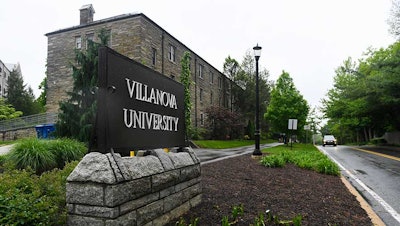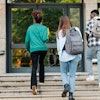As students across the nation returned to campuses for the fall semester, at least six universities found themselves responding to what authorities determined were hoax active shooter reports—part of a troubling pattern of "swatting" incidents targeting higher education institutions.

These incidents represent more than mere pranks—they create genuine trauma for campus communities already operating under heightened security awareness. The false alarms trigger massive law enforcement responses, disrupt academic operations, and can have lasting psychological impacts on students, faculty, and staff.
The University of Arkansas took the most precautionary approach, canceling all classes Monday after determining that reports of "active threats" could not be verified. University police advised students they were "free to leave campus at this time if desired," highlighting the serious disruption such false reports cause to campus life.
Kansas State University acknowledged the broader pattern, describing their false report as "similar to other swatting reports happening at universities across the country." This recognition points to a coordinated campaign that appears to be targeting multiple institutions simultaneously.
The incidents weren't limited to Monday's wave. The University of South Carolina received two false active shooter reports at Thomas Cooper Library over the weekend, while the University of Tennessee-Chattanooga and Villanova University dealt with similar hoaxes during orientation week—a particularly vulnerable time when new students are adjusting to campus life.
University of South Carolina police noted that both false reports appeared to come from the same male caller and included "background noise that mimicked gunfire," demonstrating the sophisticated nature of these hoax calls. The incidents triggered what police described as "mutual aid" responses, drawing officers from multiple jurisdictions.














